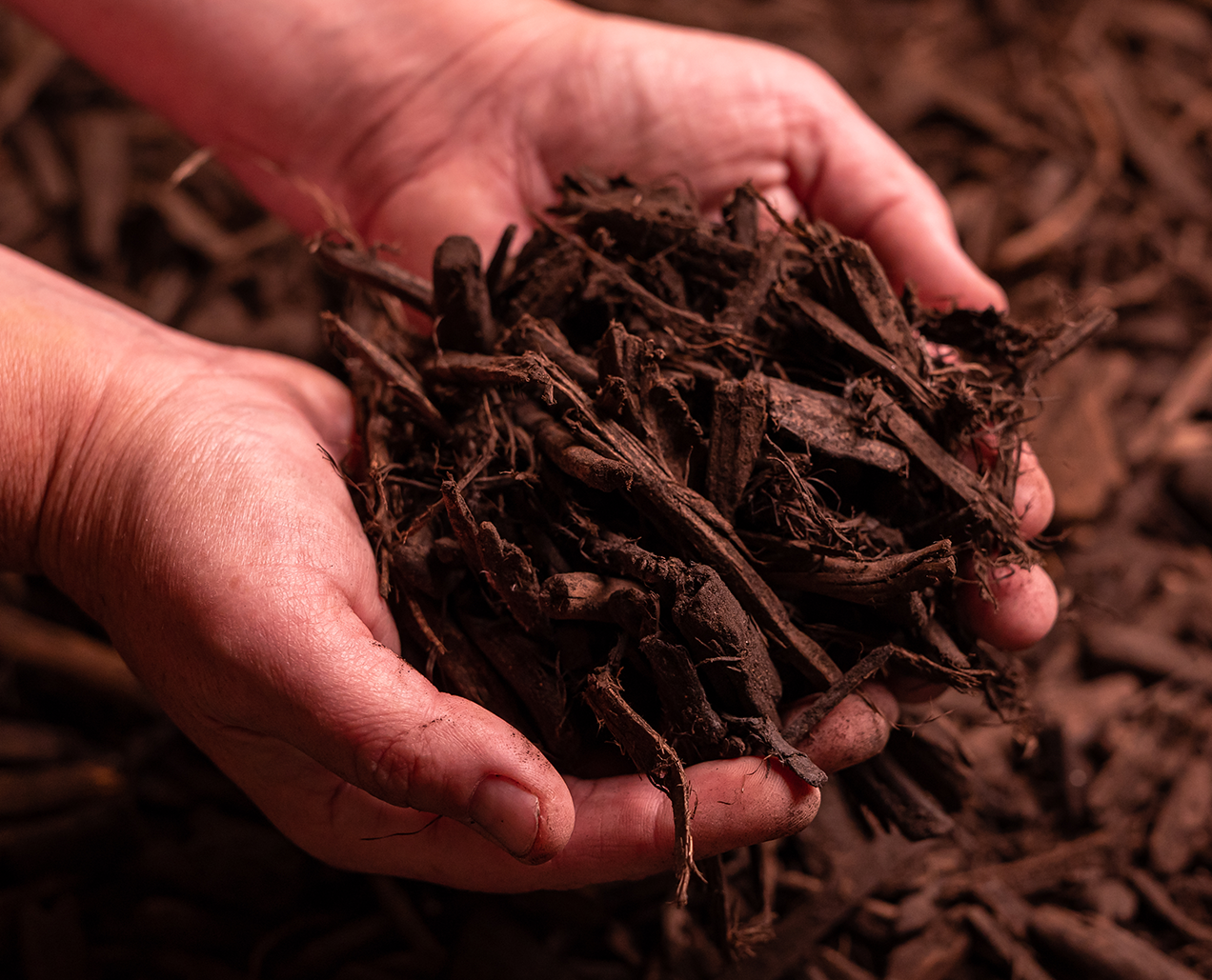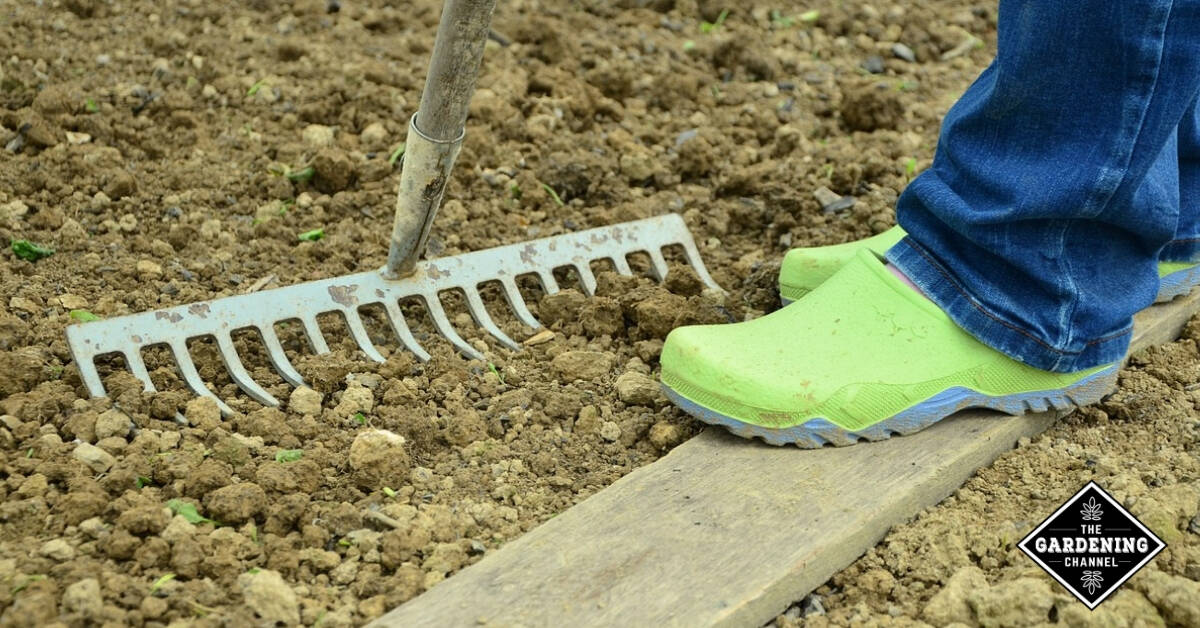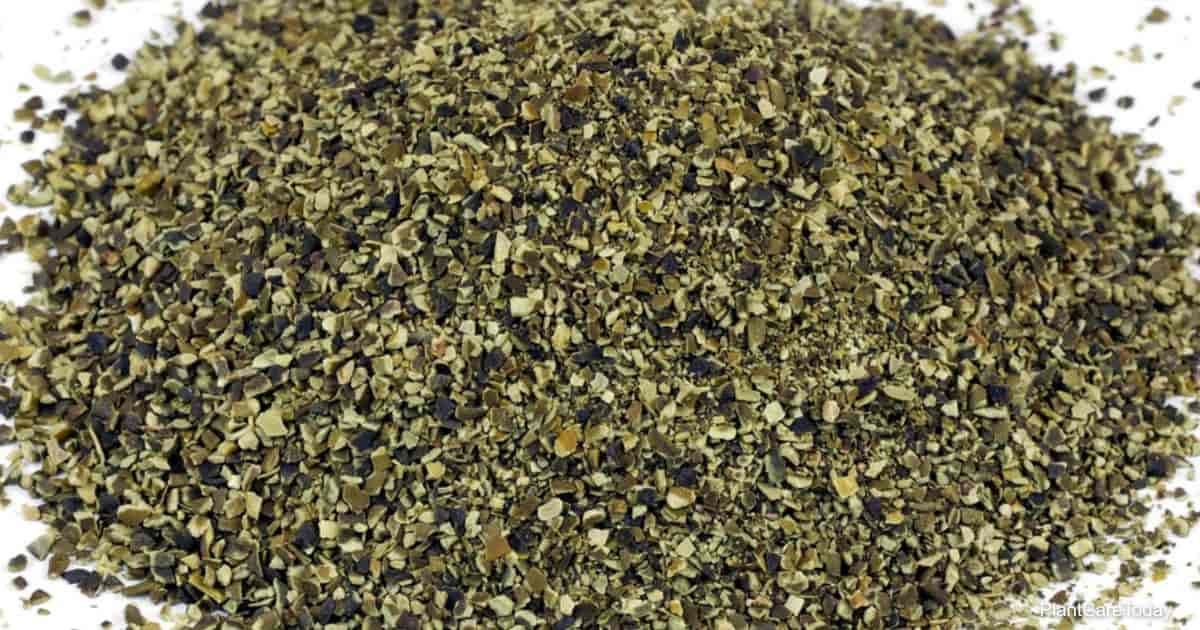Soil Amendments: The
Introduction
Soil amendments are materials that are added to soil to improve its physical, chemical, and biological properties. They can be used to improve drainage, aeration, water retention, nutrient availability, and overall soil health.
Why Use Soil Amendments?
There are many reasons why you might want to use soil amendments in your garden or yard. Some of the most common reasons include:
- To improve the drainage of clay soil.
- To add organic matter to sandy soil.
- To increase the water retention of sandy or loamy soil.
- To correct the pH of acidic or alkaline soil.
- To add nutrients to the soil.
- To improve the overall health of the soil.
Types of Soil Amendments
There are two main types of soil amendments: organic and inorganic.
Organic Soil Amendments
Organic soil amendments are made from plant or animal materials. They include compost, manure, peat moss, wood chips, and leaf mold. Organic amendments improve the soil's structure, drainage, water retention, and nutrient-holding capacity. They also help to improve the soil's biological activity, which is essential for healthy plant growth.
Inorganic Soil Amendments
Inorganic soil amendments are made from minerals or synthetic materials. They include sand, perlite, vermiculite, and lime. Inorganic amendments improve the soil's drainage, aeration, and water retention. They can also be used to correct the pH of the soil.
How to Use Soil Amendments
The amount and type of soil amendment you need to use will depend on the specific needs of your soil. You can get help from a local nursery or garden center to determine the best amendments for your soil.
In general, you will want to add soil amendments to the soil before you plant. This will give the amendments time to work their way into the soil and improve its properties.
You can add soil amendments to the soil by broadcasting them over the surface of the soil and then working them in with a shovel or garden fork. You can also add soil amendments to the soil when you are planting.
Conclusion
Soil amendments are an important part of gardening and yard care. They can help to improve the drainage, aeration, water retention, nutrient availability, and overall health of the soil. This can lead to healthier plants and a more beautiful garden or yard.
A soil amendment is any material added to a soil to improve its physical properties, such as water retention, permeability, water infiltration, drainage, aeration and structure. There are many different types of soil amendments available, each with its own unique benefits. Some common soil amendments include compost, manure, peat moss, sand, and perlite.
To learn more about soil amendments, visit Home Gardening. This website provides a comprehensive overview of soil amendments, including their benefits, uses, and how to apply them.
FAQ of soil amendment is
- What is a soil amendment?
A soil amendment is a material that is added to soil to improve its physical, chemical, or biological properties. Soil amendments can be organic or inorganic, and they can be used to improve a variety of soil problems, such as poor drainage, nutrient deficiency, or compaction.
- What are the benefits of using soil amendments?
There are many benefits to using soil amendments, including:
* Improved drainage and aeration
* Increased water retention
* Improved nutrient availability
* Increased soil fertility
* Improved soil structure
* Increased resistance to pests and diseases
* Enhanced plant growth
- What are the different types of soil amendments?
There are many different types of soil amendments, including:
* Compost
* Peat moss
* Vermiculite
Perlite
* Sand
* Gypsum
* Lime
* Wood chips
* Manure
- How do I choose the right soil amendment for my garden?
The type of soil amendment you choose will depend on the specific needs of your garden. If you have poor drainage, you might want to add sand or gravel to improve drainage. If your soil is nutrient-deficient, you might want to add compost or manure. If your soil is compacted, you might want to add peat moss or vermiculite to improve aeration.
- How do I apply soil amendments?
The best way to apply soil amendments will vary depending on the type of amendment you are using. However, in general, you will want to spread the amendment evenly over the soil surface and then work it into the soil with a shovel or garden fork.
- How often should I use soil amendments?
The frequency with which you use soil amendments will depend on the type of amendment you are using and the condition of your soil. However, in general, you will want to apply soil amendments every few years to maintain the health of your soil.
Image of soil amendment is
- Compost: A mixture of organic matter, such as leaves, grass clippings, and food scraps.

- Wood chips: Shredded wood that can help to improve drainage and aeration in the soil.

- Peat moss: A type of organic matter that can help to retain moisture in the soil.
- Vermicompost: Compost that has been produced by worms.

- Gypsum: A mineral that can help to improve the drainage and aeration of clay soils.

- Sand: A type of soil that can help to improve drainage in heavy soils.

- Perlite: A volcanic rock that can help to improve drainage and aeration in the soil.
- Pumice: A volcanic rock that can help to improve drainage and aeration in the soil.

- Limestone: A type of rock that can help to improve the pH of acidic soils.

- Kelp meal: A type of fertilizer that is made from seaweed.

Post a Comment for "Soil Amendments: The"